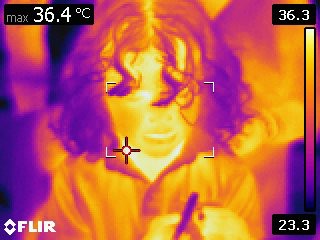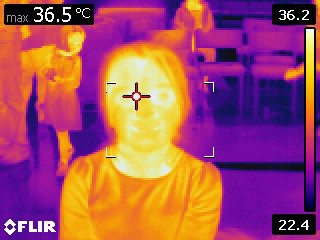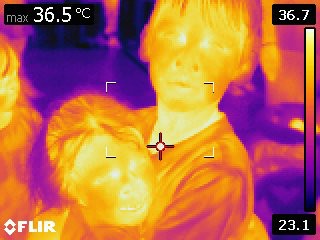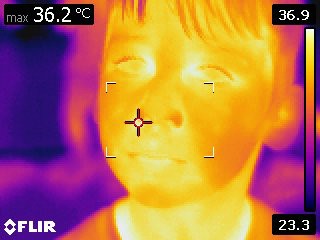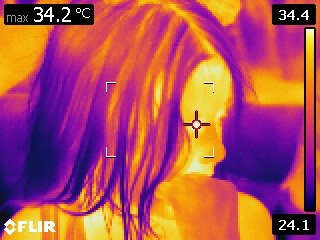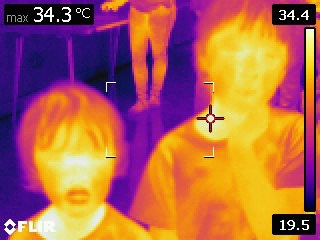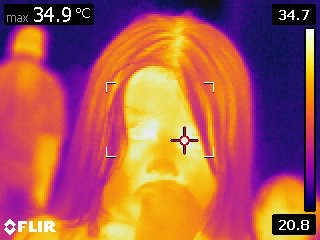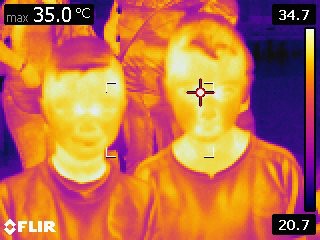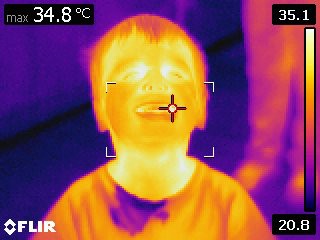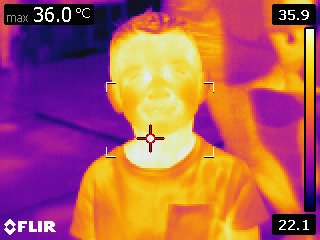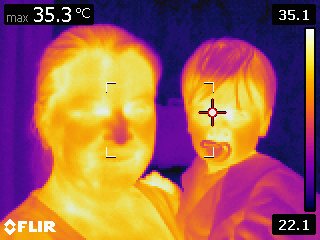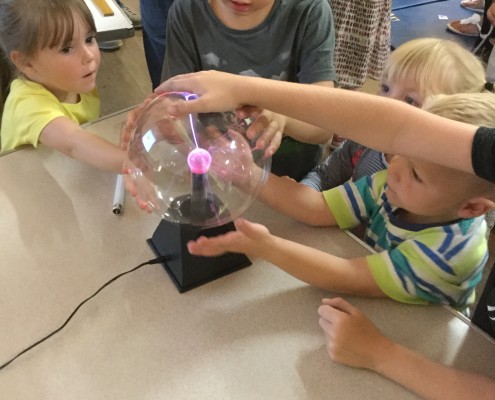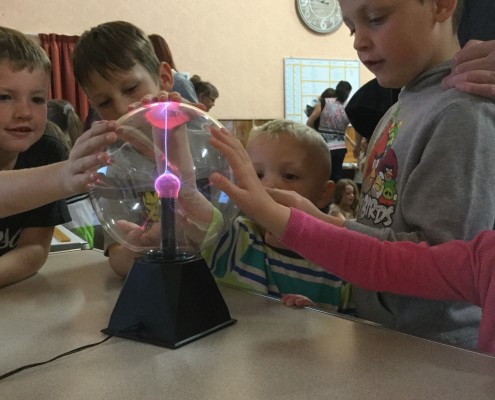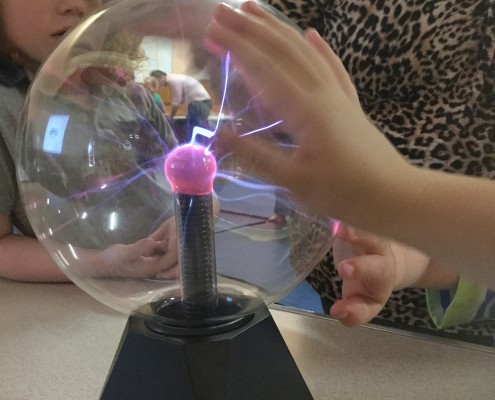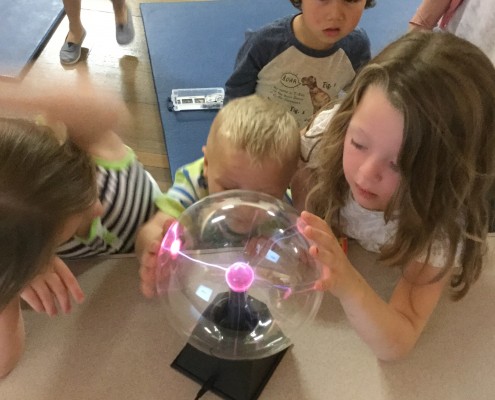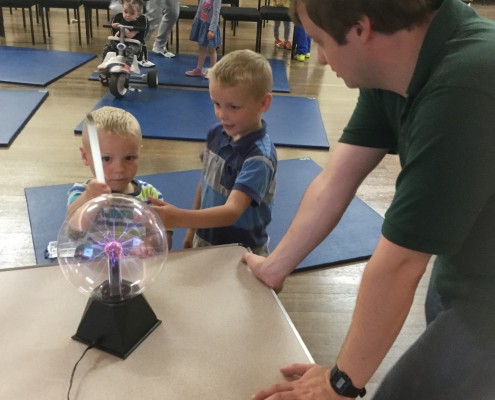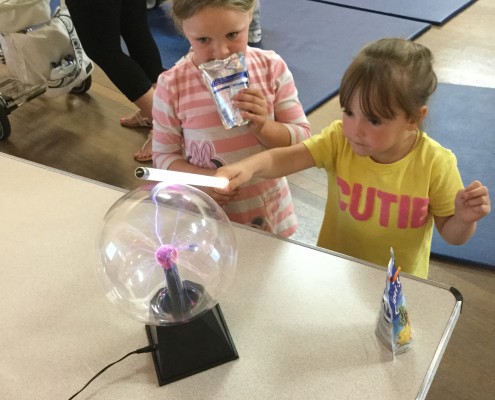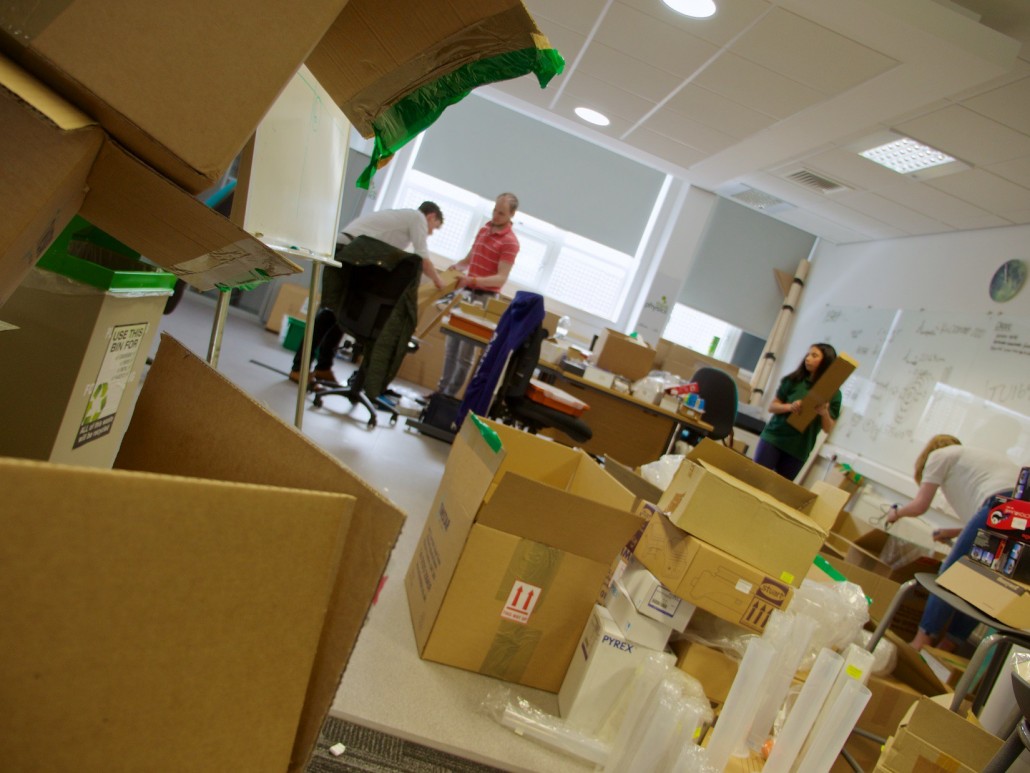Upcoming Events!
Be sure to check out our nifty new Upcoming Events calendar, handily linked from the main menu of every page across the site. We’ll be filling it with a range of stuff we’re doing but also events from project partners, or that we think you might find interesting.
For example, this Wednesday the North-East branch of the Institute of Physics are hosting a free lecture on computer visualisation in archaeology, then next week our very own lecture series Physics Matters! kicks off. There are five events, all free to attend, and if you come to all of them you’ll be eligible for a coach trip to the Kielder Observatory for an evening of stargazing.
- 8th October: Ice Cool Physics. How the Earth’s polar regions have changed in the past and are likely to alter in the future.
- 15th October: Biophysics. From the physics of ice cream to understanding heart disease, via washing machines.
- 22nd October: Radiation Detection. Radiation dosimetry using Smarties, and state-of-the-art detectors made in the North-East (not from Smarties).
- 5th November: Keeping the Lights On. Should we all be driving electric vehicles and fitting solar panels to our rooftops, and if not – how will we generate enough electricity? Physics, politics, policy and power.
- 12th November: Medical Physics. How buckets of water and an Xbox Kinect can help diagnose patients.
We’ll keep the calendar up-to-date, so keep checking back – and book your tickets for Physics Matters!

